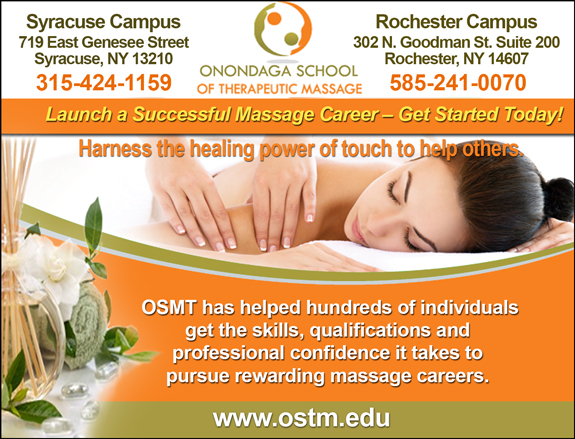
The American Legion’s Operation Comfort Warriors (OCW) program donated $4,800 worth of comfort items and necessities to the U.S. VETS homeless center Feb. 28 in conjunction with the Legion’s 57th annual Washington Conference in Washington, D.C.
The grant was delivered by the American Legion Department of D.C. during the Veteran Employment and Education Commission’s tour of the facility. The donation included clothing, grooming/hygiene items, eyewear, 30 sets of bed linens and blankets, pillows, laundry detergent pods, as well as $1,000 worth of bus passes and gas cards to help veterans find new employment.
OCW has delivered more than $500,000 in grants to veterans across the nation in the last three years. The program provides various items, depending on need – clothing and toiletries for homeless shelters like U.S. VETS, sports equipment for sports adaptive therapy programs and kitchen supplies for long-term warrior transition facilities.
As the only veterans service organization (VSO) in D.C. that offers a variety of in-house programs and services, U.S. VETS Executive Director Clifton Lewis said the center gets referrals from all other VSOs in the area because it can serve any and all veterans. “This is a unique situation for us,” he said. “Not only do we service Washington, D.C., (but we also) service Montgomery County (and) Prince George’s County (in Maryland, plus) Alexandria, Arlington and Fairfax (in Virginia).”
With 21 residential sites and nine service centers in 14 cities across six states, D.C. and the territory of Guam, U.S. VETS personnel go into local communities to find homeless veterans and guide them to crucial services. The range of services includes housing and employment assistance, as well as access to veterans benefits and treatment for mental and physical health problems and substance abuse.
“I definitely feel like I needed a change in my life,” said veteran Alexander Smith III who lives and volunteers at the D.C. facility. “It’s therapeutic for me to volunteer and do things … just being motivated and doing whatever I can do, it helps me.”
Outreach specialist Sheila Scarborough, an Army veteran who was homeless in 2013, said helping other veterans is her passion because she knows what it’s like to go through challenges. “I know what it feels like to lose your place or lose your job and to lose everything that you acquired,” Scarborough said. “There are homeless vets out here. People didn’t ask to be in this situation. It happens and it can happen to anyone.”
By getting involved with the efforts of U.S. VETS, Scarborough said the Legion will get a firsthand view of what “transitional” looks like and be able to spread the message about homelessness among veterans.
“It should go worldwide, statewide so that (others) will know that it’s time we help our soldiers, our vets,” she said. “I think it’s a good thing because it gives (the Legion) an idea of what’s going on.”
Assisting veterans was at the core of the Legion’s formation nearly a century ago.
“The American Legion has always been about helping veterans so it’s just a pleasure to be able to do that, particularly for the most vulnerable demographic,” said Mark Walker, deputy director of the Legion’s Veterans Employment and Education Division. “It’s satisfying and meaningful that the Legion has prioritized assisting our homeless veterans. It’s a joy to be able to work with folks who have that same passion to help them.”
OCW coordinator Bruce Drake said donations come from across the entire American Legion Family and the general population. The OCW program represents the Legion’s expression of gratitude to those who sacrificed to protect the freedoms of others. “The grants are designed to provide the items that often are overlooked in the care of a veteran and can be resourced to help them from having to buy it themselves,” said Drake, assistant director of troop and family support for the Legion’s Americanism Division. “This grant will help homeless veterans in providing them a means of staying healthy and clean with the use of hygiene items while the linens will also help them in settling into the facility and their new living arrangement.”
By Johnathon Clinkscales



